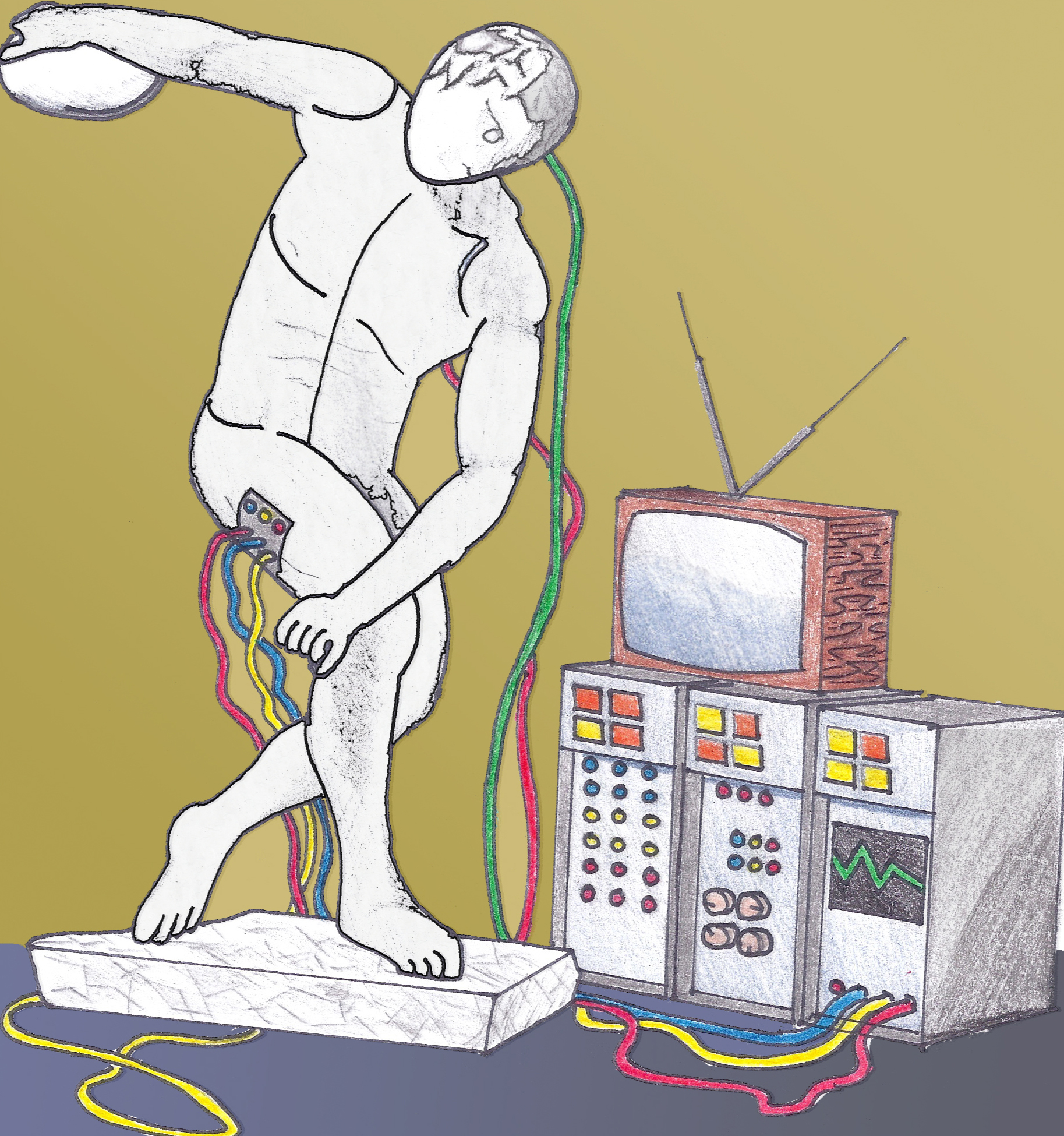Students should embrace UCLA’s new digital humanities minor

By Daily Bruin Staff
Aug. 8, 2011 1:34 a.m.
At this point, we’re all probably pretty tired of the happy punditry surrounding the ongoing technological revolution. All those ideas ““ the Internet being as revolutionary as the printing press, for example ““ have become cliches. But they are only so because we are convinced of their obvious truth.
Just this year, UCLA inaugurated a program in the digital humanities, a discipline that arms the humanities with the investigative and expressive power of digital technology. The new technology can address a literary question, such as how an important author’s vocabulary has changed over time. A large historical problem, such as tracing the origins of ancient Egyptian statues, could emerge from the digital aggregation of piecemeal observations. With the new undergraduate minor and graduate certificate, students are given the opportunity to be part of a new field, where much exciting and important scholarship is being done. Students should snatch up the chance.
It is easy to imagine that universities, especially humanities divisions, often caricatured as bastions of traditional scholarship and thought, would hunker down against modernizing trends. Think of the stereotypical male professor, tweed jacket and gray hair, with a taste for Bach and Latin, and one gets the idea. He is out of his depth.
We at UCLA need not worry about such rearguard postures. We are luckier. Instead of throwing their hands up and pleading incomprehension, a group of UCLA professors have staked out a position at the forefront of new technology. They are inflecting their scholarship with the digital, answering old questions faster and more comprehensively while asking entirely new ones. The digital medium allows these professors to present their results in novel, engaging and thoroughly third-millennium ways.
With the caliber and variety of involved scholars on hand, UCLA students are in a position to become future leaders in the emerging field of digital humanities, getting to the scene early and unfairly well-prepared.
The program’s affiliated faculty draws on over 20 departments. Professors from disciplines as disparate as archaeology, Design | Media Arts, comparative literature and architecture are working to push our university into the forefront of this emerging field.
Recent and ongoing projects in the digital humanities include an immersive, three-dimensional recreation of the Roman forum and the production of an authoritative online encyclopedia of Egyptology that overcomes the limitations of the more traditional book form.
As a measure of our position in the field, three of the five leading thinkers MIT Press asked to author the forthcoming book, Digital Humanities: Theory in Practice, are UCLA professors.
There are obvious economic boons to taking the minor; employers will appreciate a student’s ease with digital platforms. This, atop the expected aptitude in communication and critical thought that goes with your B.A. in history or philosophy, will give you an edge in the job market. It also provides you with added tools that can guide and help graduate scholarship, not to mention your application to graduate school.
There is also the nifty opportunity to straddle the North Campus v. South Campus divide, learning to be at home in the humanistic mode of interpretation as well as the more technical aspects of digital culture.
But I think the true return on investment comes with the excitement of being part of a field in the making ““ a field crossing that liminal space from experimental first steps to a fully formed discourse with set methods.
To avoid collapsing into an exercise in media studies, the minor emphasizes hands-on work, giving students important digital experience and skills, such as interface design, data organization and information visualization. This gives them a chance to gain firsthand experience in digital humanities work and contribute something new to the field.
It isn’t often that students are handed the frontiers of human scholarly endeavor on a platter. We are invited, not only to gain expertise in, but participate in the maturation of a whole new academic field. It would be a shame if we didn’t take advantage of this opportunity.
Is your interest in the digital humanities piqued? Email Dolom at
[email protected]. Send general comments to
[email protected].


